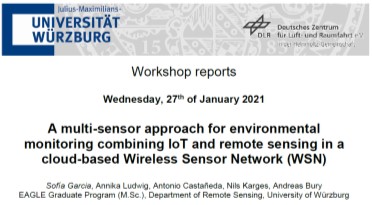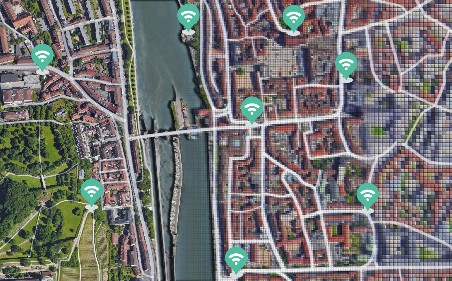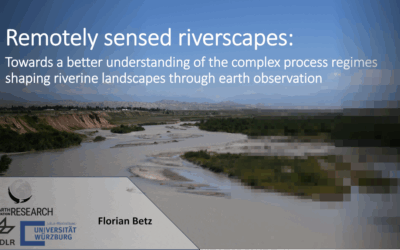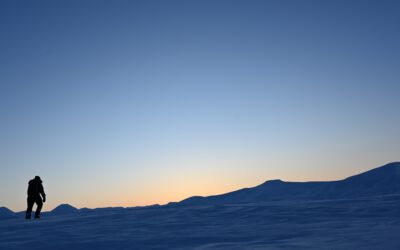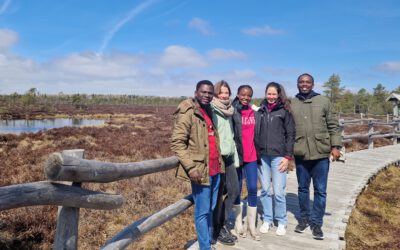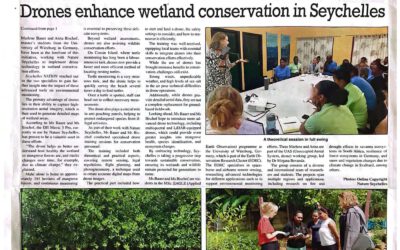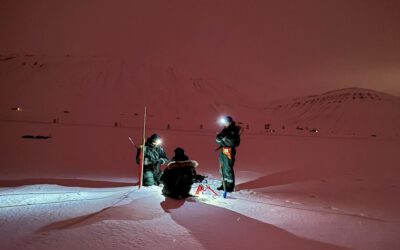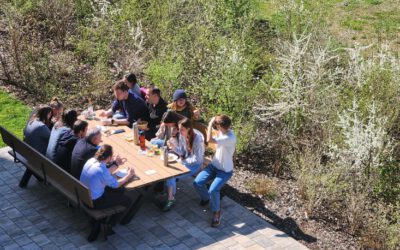We are glad to announce our first workshop report at the Department of Remote Sensing in 2021! On 27th of January, the EAGLE master students Sofía Garcia, Annika Ludwig, Antonio Castañeda, Nils Karges, and Andreas Bury will talk about “A multi-sensor approach for environmental monitoring combining IoT and remote sensing in a cloud-based Wireless Sensor Network (WSN)”.
Abstract
The recent advancements in the IoT (Internet of Things) present an enormous potential for improving the monitoring of essential environmental variables. Sensors and microcontrollers offer an efficient solution for collecting in-situ data of temperature, humidity, UV radiation, particulate matter (PM1, PM 2.5, PM 10), and soil moisture. These measurements can be used for a wide range of applications such as monitoring the relationship between urban green and temperature, identifying air pollution hotspots, or supporting the downscaling of satellite remote sensing (RS) products. Satellite and UAV-based RS and IoT are essentially complementary methods to generate data and analytics. Both techniques enable efficient monitoring on a large scale and in a high spatiotemporal resolution. IoT devices collect data of specific locations and transport it using wireless network protocols like MQTT. Next, it is stored in cloud-based database management systems. The post-processing includes data cleaning and validation, normalization, temporal and spatial smoothing, and data analysis to determine trends. Finally, users can access, visualize, or download data using application software or APIs. Our project aims to test low-cost Arduino-based sensors in an urban field of application (city of Würzburg) and correlate in-situ data with relevant RS-based parameters. Eventually, we aim at gaining a better knowledge of the atmosphere and the land surface dynamics.
Title of presentation: A multi-sensor approach for environmental monitoring combining IoT and remote sensing in a cloud-based Wireless Sensor Network (WSN) Presenters: Sofía Garcia, Annika Ludwig, Antonio Castañeda, Nils Karges, and Andreas Bury (all EAGLE Graduate Program (M.Sc.), Department of Remote Sensing, University of Würzburg)
Date: Wednesday, 27th of January, 2021 Time: 10 – 11 am s.t. Place: Online Presentation language: English Slides: English

